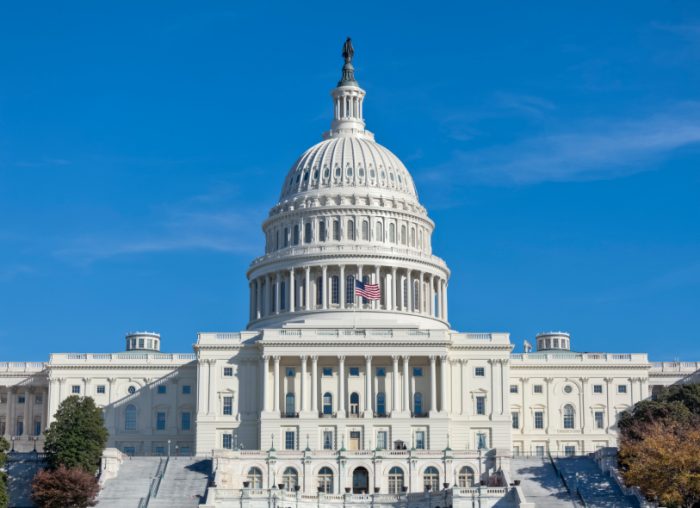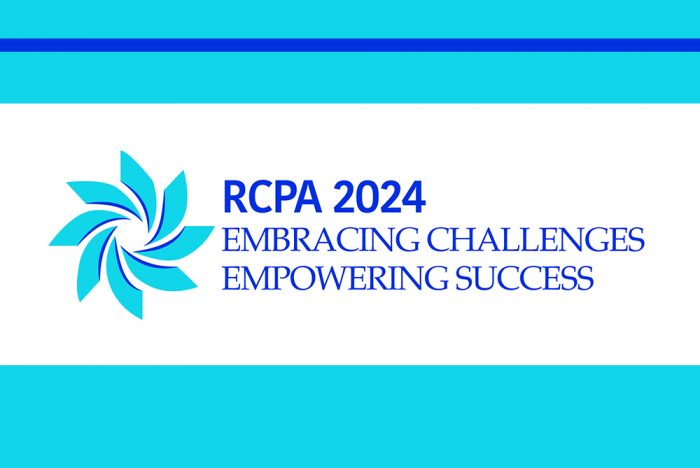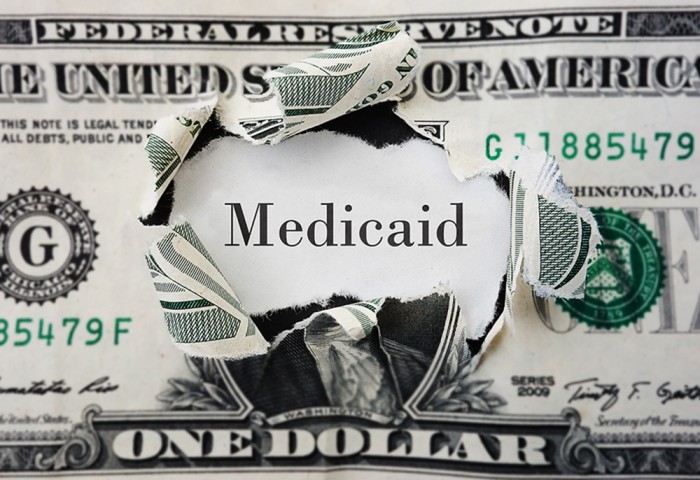Monday, March 4, 2024
12:00 pm – 1:00 pm EST; 11:00 am – 12:00 pm CST;
10:00 am – 11:00 am MST; 9:00 am – 10:00 am PST
Register Here
Kara Monnin, PhD
Kara Monnin, PhD, is a Clinical Assistant Professor of Pediatrics at Nationwide Children’s Hospital and Ohio State University’s School of Medicine in Columbus, OH. Dr. Monnin provides clinical services across multiple inpatient units, including complex healthcare, inpatient physical medicine and rehabilitation, and acute care services (PICU, Trauma/Surgery/Neurosurgery), and operates on a consultative basis for Complex Care clinics. Dr. Monnin also serves as a member of the Advanced Illness Management/Palliative Care team at NCH and specializes in traumatic brain injury, rehabilitation populations, and children and adolescents with complex medical needs.
Kelsey E. Bakaletz, MSW, LISW
Kelsey E. Bakaletz, MSW, LISW, is most importantly, a mother to 2-year-old Ellis. Kelsey is a clinical medical social worker in Developmental Behavioral Pediatrics at Nationwide Children’s Hospital in Columbus, OH. Kelsey received both undergraduate and graduate degrees from Ohio State University. Prior to working at NCH, Kelsey spent two years in rapid re-housing of homeless military veterans, and before that, she spent almost two years in therapeutic rehabilitation of adjudicated juvenile sex offenders. Kelsey is a member of the Trauma-Informed Care Work Group at Nationwide Children’s Hospital, working to provide and teach the best trauma-informed practices. Kelsey is passionate about treating every patient interaction as though the caregiver and child are part of our family, to lead with empathy, compassion, and determination that we resist re-traumatization.
Objectives: At the end of this session, the learner will:
- Understand what secondary trauma is and who is at risk;
- Discuss practical self-care strategies and ways to manage secondary trauma; and
- Implement strategies to support colleagues who are experiencing secondary trauma.
Audience: This webinar is intended for all members of the rehabilitation team, including medical staff, nurses, physical therapists, occupational therapists, speech language pathologists, licensed psychologists, mental health professionals, and other interested professionals.
Level: Intermediate
Certificate of Attendance: Certificates of attendance are available for all attendees. No CEs are provided for this course.

















